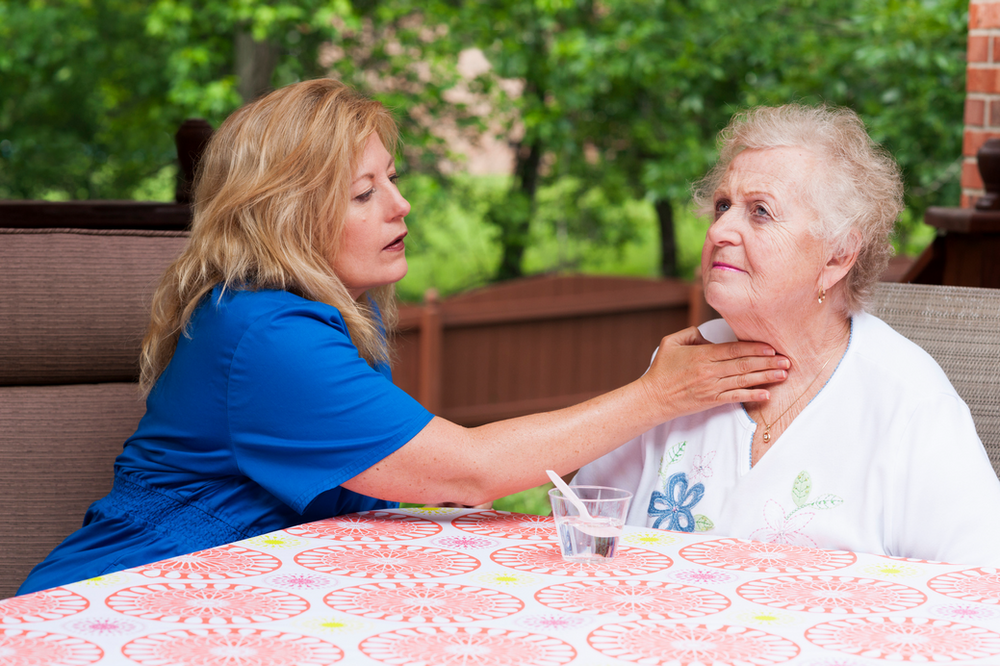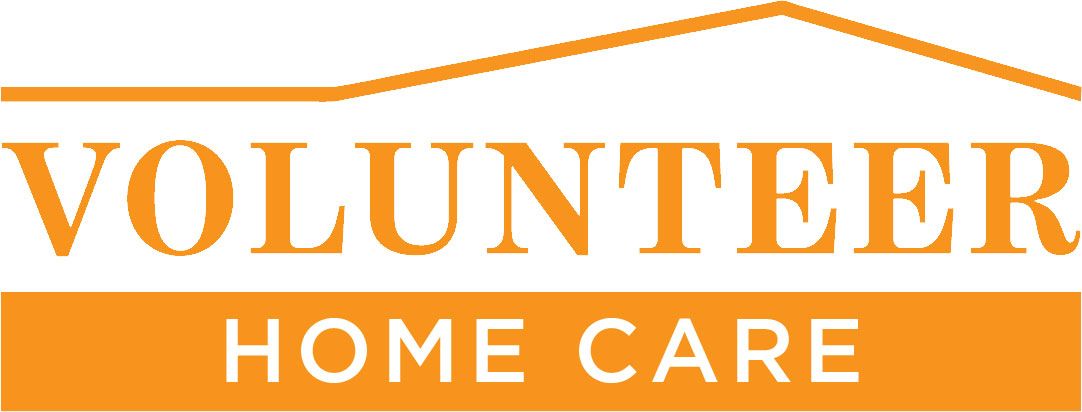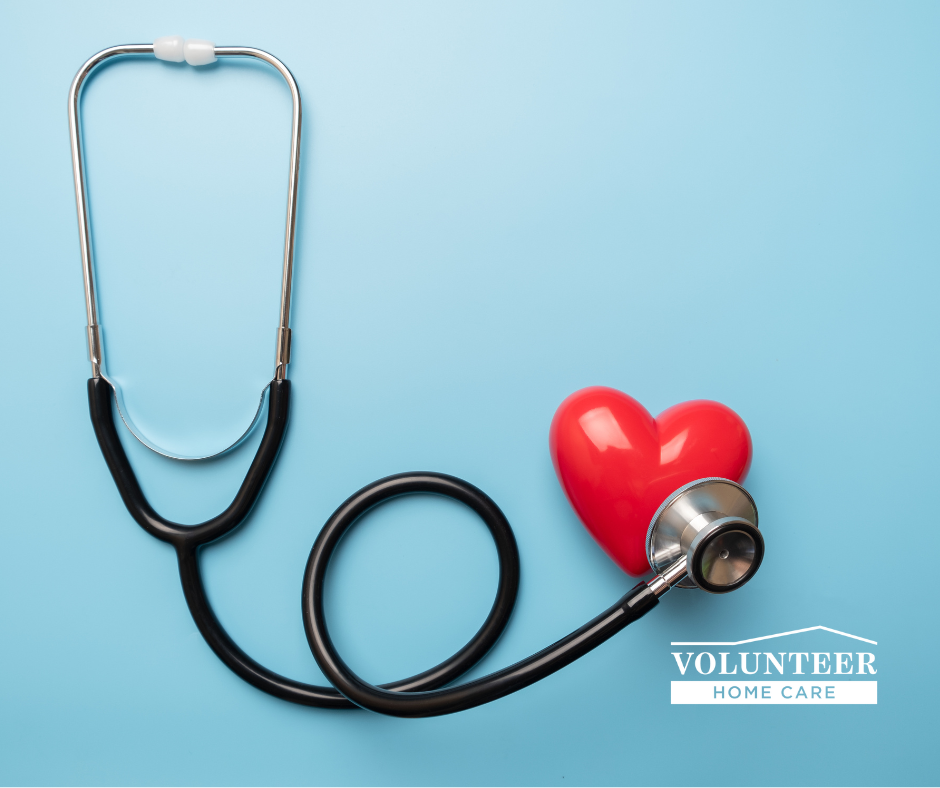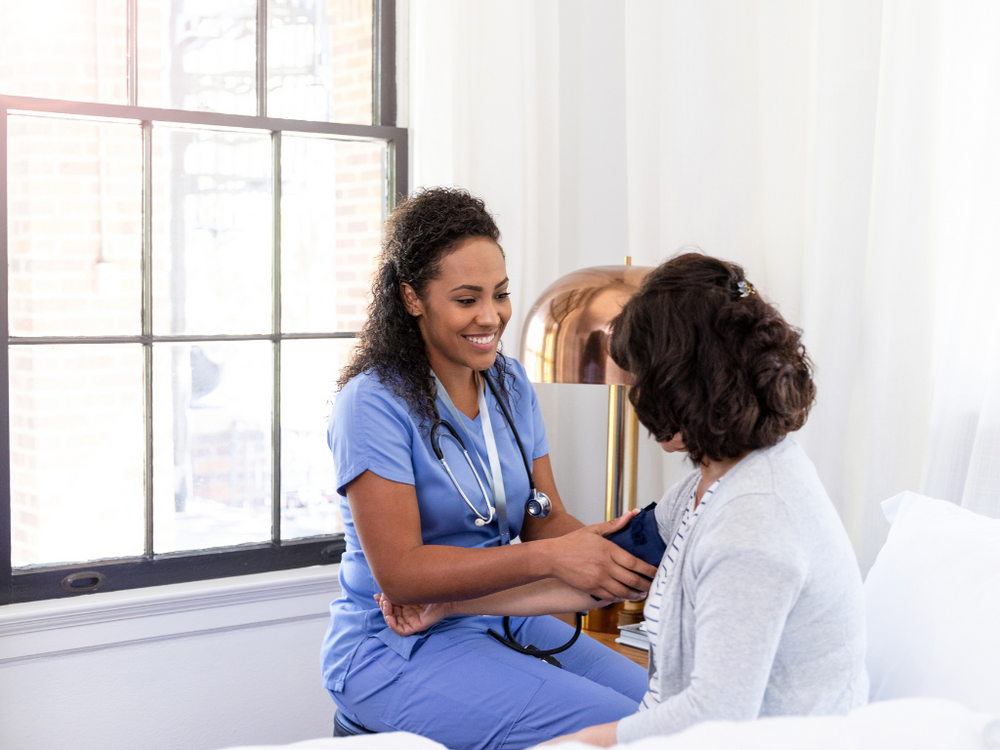Stroke Patient Care: Home Health Can Help!
Patients who have experienced a stroke need a specialized plan of care to help them when they return home. Home health therapy helps the person keep abilities and regain lost abilities to become more independent.
Rehabilitation is one of the most important parts of recovery for stroke survivors. Stroke rehabilitation helps to build strength and capability so stroke survivors can continue with daily activities.

Home Health can help with:
• Ambulation Evaluation to develop Physical Therapy plan
• Occupational Therapy to help relearn or develop adaptive strategies for performing skills of daily living, such as eating, walking, and dressing
• Home Equipment Assessment
• Medication Management
• Dysphagia and Aphasia Assistance
• Pressure Ulcers Prevention
• Vital Sign Assessment
• Home Safety Assessment
• Foley Cath Insertion and Maintenance
May is Stroke Awareness Month. The National Stroke Awareness Month program places emphasis on making the public aware of Acting FAST .
According to the National Stroke Association, a person experiencing a stroke can be treated if people have acted FAST - 80% of strokes can also be prevented.
FAST is an acronym for things to check in a suspected stroke victim:
• Face – By asking the person to smile you can tell immediately if one side of the face droops.
• Arm – Ask the person to raise both arms. Observe to see if one arm drifts lower than the other.
• Speech – Slurred speech is a symptom of stroke. Ask the person to repeat a single sentence.
• Time – Call 911-Fast. Time may be the difference between life and death or even partial and full recovery.
Home health care allows you to manage your care at home. Our team works with your physician to develop a personalized plan that addresses your health care needs and helps you meet your goals. We can help you regain your prior level of function, maintain your independence, and improve your overall quality of life. Call our office today or check out our services page for more detailed information on how home care can help.




Share On: